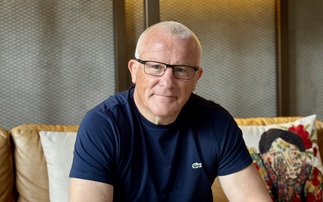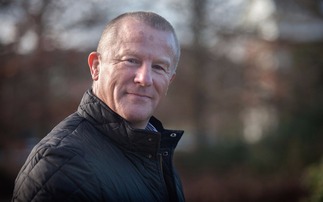Brazil faces increasing uncertainty in the run-up to its election following the death of opposition leader Eduardo Campos last month.
Brazil faces increasing uncertainty in the run-up to its election following the death of opposition leader Eduardo Campos last month.
In October, voters will choose between unpopular incumbent Dilma Rousseff (pictured) and Marina Silva, an environmentalist not known to be friendly towards enterprise.
Although the country’s Bovespa index is up 21% this year on hopes of political change, the long-term outlook is far from certain.
“Brazilian economic data has been much weaker than expected, and it is difficult to see things improving this year,” said Craig Botham, emerging market economist at Schroders.
“On the election front, Silva now poses a real threat to incumbent Rousseff. If Silva wins, it would be an improvement on Rousseff, but the market reaction is harder to predict.”
The political situation is starkly illustrated on the ground in the northeast – a microcosm for how the country’s political system functions, given its reputation as an electoral bellwether.
“Each state sends the same number of senators to Brasilia regardless of its size, which makes the smaller states in the northeast very influential,” said Paul Telfer, a director of Ritz, a property and infrastructure company with developments in the region.
“It is no coincidence so many senators, and even presidents, have come from the region.”
Brazil is no stranger to controversy – after Natal was awarded host city status, and a package of generous grants at this summer’s World Cup, locals quickly became disgruntled at the lack of development.
While the city completed construction of the new Arena das Dunas, and opened a new international airport just weeks before the tournament, areas around the stadium have been left unpaved, and many projects promised have yet to be delivered.
Protests grew against mayor Micarla de Sousa, culminating in an occupation of Natal City Hall in June 2011.
De Sousa, a former journalist, announced she would not stand for re-election, but was forced out in October 2012 before the end of her term.
On taking over the mayor’s office early last year, incumbent Carlos Eduardo Alves inherited a web of unpaved roads and a 500m real (£131m) deficit.
“Natal had more than five years to prepare for the World Cup,” he said, speaking at the same office shut down by protestors three years ago. “When I became mayor, we had less than 18 months. Nothing had been done.”
Alves has adopted a pro-business agenda, pushing through developments and encouraging foreign direct investment.
“Natal is the closest city in South America to Europe and has the potential to be a hub for the entire continent if it can attract more airlines,” Telfer said.
But whatever the future for the region, it will play a crucial role in determining next month’s result – and whether investors face a disastrous, or a merely unpalatable, outcome.
Alasdair Pal was a guest of Ritz Property in Brazil













